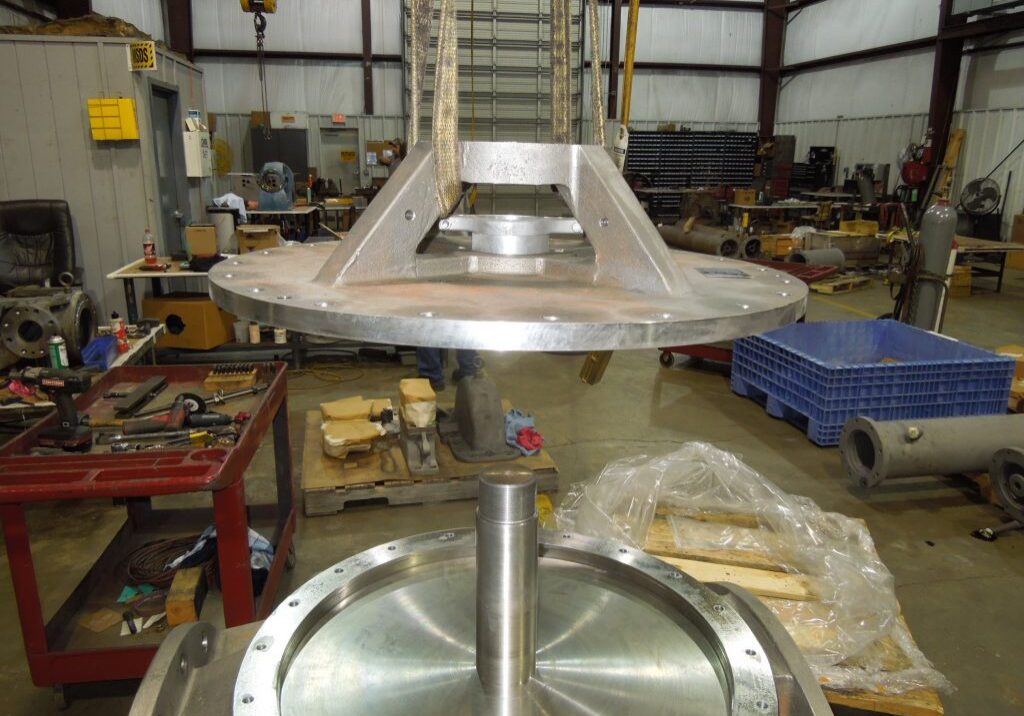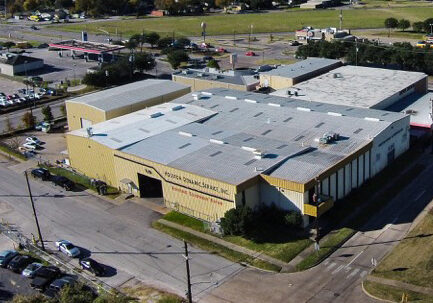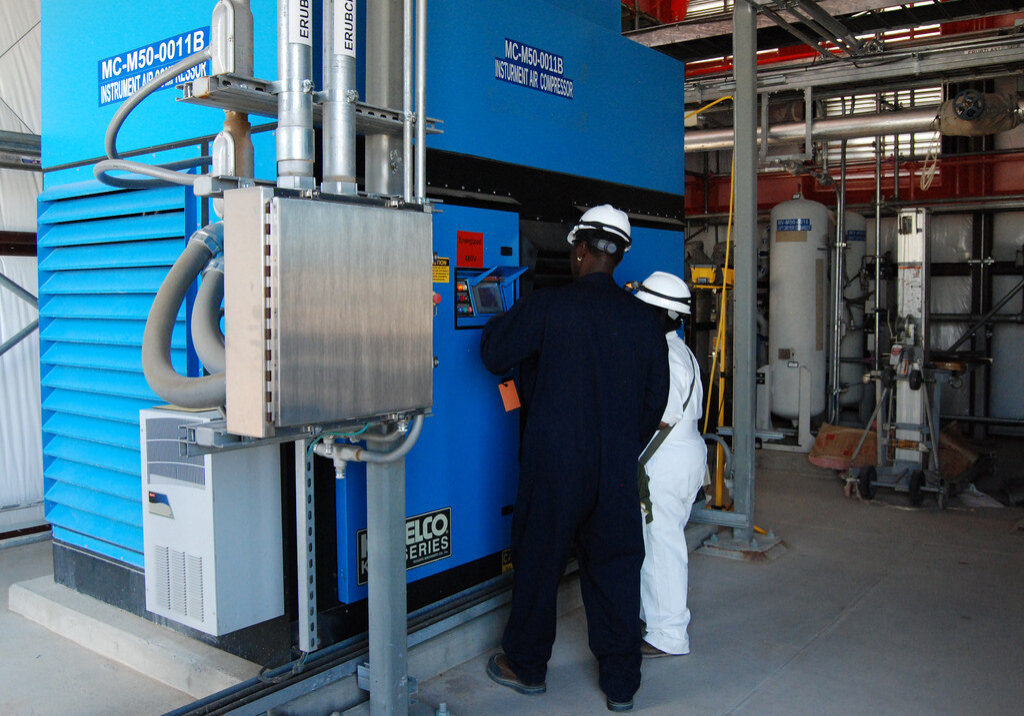Equipment Series: Rotary Valves

The following part of our Equipment Series centers on rotary valves. A rotary valve is a valve that uses rotation to allow passage and regulate the flow of liquid or gas through the attached outlets. The simplest example of a rotary valve is the common stopcock. Rotary valves are used to accomplish many different things, including to release steam, reverse flows, or decrease flow rate to the desired level of the current process.
Rotary Valve Applications
Rotary valves are used in many plants and processes in all sorts of applications. Some of their uses include but are not limited to:
- Metering or measuring in the material exchange process
- Enter or extract material from two chambers at different pressure levels
- Dose out and feed bulk products within the processes of the pharmaceutical, chemical, and food industries
- Ensure reliable and economical handling of powders and granules in the plastics industry
- Work with many bulk material systems in the chemical industry
Issues With Rotary Valves
A rotary valve can be a relatively simple device but must be serviced and maintained per the manufacturer’s instructions to ensure a long life. Proper maintenance pays off in two ways: 1) better performance and 2) better upkeep on the system because when a valve is faulty, it can affect the entire process. It is also important to know your rotary valves, what they sound like under normal operating conditions, as well as what their output is versus what it should be.
Rotary valves may also include motors, drive chains, speed reducers, seals, gaskets, and any number of components that can degrade over time. This degradation can lead to leakage, poor performance, and even a complete breakdown of the valve.
One of the leading causes of rotary valve failure is wear to the rotor, housing, or both. This wear normally occurs during use. Rotary valves that are used as a material handling device are subject to abrasion and erosion created by the processed materials. Improper selection of valves is also a leading cause for damage because the valve cannot keep up with the process or is in overuse. Valves must always be selected by the nature and characteristics of the application and material being handled.
Preventing Damage to Rotary Valves
It’s important to develop a step-by-step maintenance procedure to prevent premature damage to your rotary valves. A separate maintenance procedure must be developed for each unique rotary valve installation. Be sure to adhere to maintenance guidelines recommended for the motor, speed reducer, and bearings during the maintenance procedure. Overall preventative steps include:
- Visual inspection
- Shaft seal checks
- Maintenance of speed reducer oil levels
- Motor lubrication, as well as any other parts that need it
- Drive chain adjustment
The HDS machine shop routinely repairs and updates all types of rotary valves. We will assess the condition of your rotary valve and recommend the solution that will provide consistent, reliable performance. Contact HDS for all your rotary valve repairs and rebuilds to keep your equipment running at its best!
Share this post:



